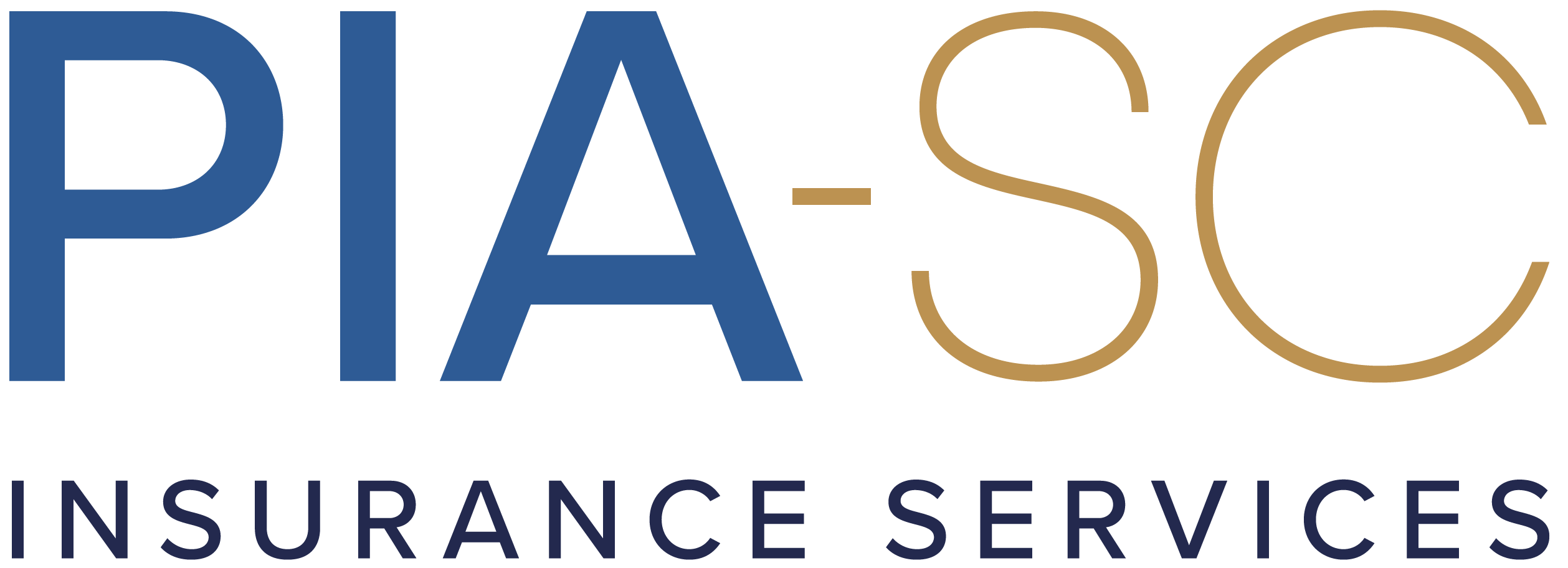 Commercial auto insurance helps cover the costs of an auto accident if you or an employee is at fault. This coverage can help pay for damaged property and medical expenses – even in the event of a fatal accident.
Commercial auto insurance helps cover the costs of an auto accident if you or an employee is at fault. This coverage can help pay for damaged property and medical expenses – even in the event of a fatal accident.Commercial auto insurance can help protect business owners and their companies if, for example:
- An employee hits a pedestrian while driving one of the business vehicles. The pedestrian requires medical treatment that results in large medical bills.
- You swerve off the road while driving to work in a company vehicle and take out a residential mailbox.
- An employee driving to work in a company vehicle hits another car and totals it.
Get a commercial car insurance quote today to learn how you can protect your small business while on the road.
Who Needs Commercial Auto Insurance?
Consider commercial auto insurance if your business:
- Owns, leases, or rents vehicles such as cars and trucks.
- Has employees who drive their own vehicles to conduct business.
- Has employees who operate leased, rented, or owned company vehicles.
What Vehicles Are Covered Under Commercial Auto Insurance?
If you’re driving a vehicle for business reasons, having the right commercial vehicle insurance is important. So whether you’re using a four-door sedan to travel to and from business meetings or you’re towing a few tons of cargo in a large delivery truck, the right coverage can help protect your business.
A good rule of thumb is to consider if the vehicle is being operated in relation to the job. If it is, you’ll likely need business auto insurance coverage. Remember that using a vehicle to commute to and from work doesn’t constitute a need for commercial vehicle insurance.
Source: The Hartford http://www.the hartford.com “What Is Commercial Auto Insurance?“ https://www.thehartford.com/commercial-auto-insurance Accessed November 30, 2020.
© Copyright 2020. All rights reserved. This content is strictly for informational purposes and although experts have prepared it, the reader should not substitute this information for professional insurance advice. If you have any questions, please consult your insurance professional before acting on any information presented. Read more.
